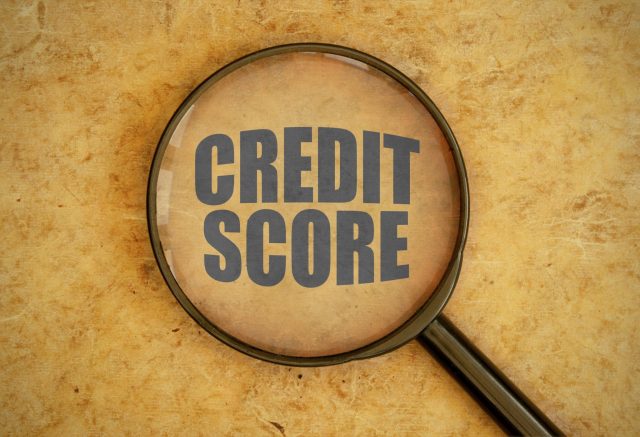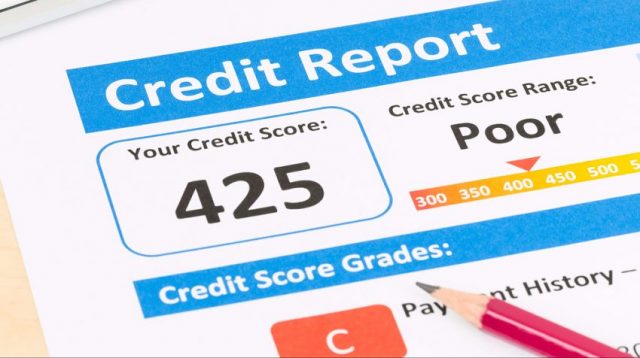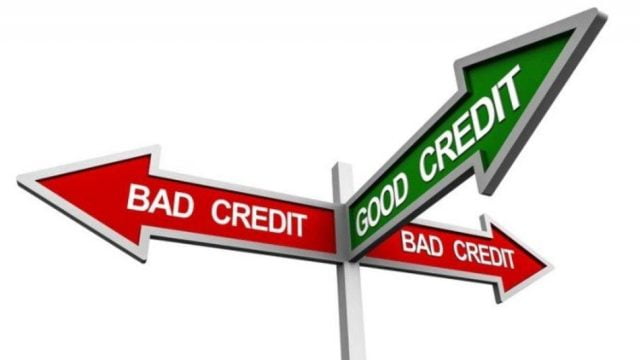
When you were in school (which I’m assuming most of you are), what reflected your performance for the whole year? Of course, it was your annual report card. Similar logic applies when it comes to your financial performance over the lifetime which is reflected by what is known as your Credit Score.
Most of us are blissfully ignorant about the extent to which our credit score has an impact over, all our financial endeavors be it applying for a simple house or car loan or as minor as applying for a new credit card!
So in this blog, I will try to enlighten my fellow members of the society about this seriously underrated aspect of our financial lives.
What Is A Credit Score?
A Credit Score, as the name suggests, is simply a three-digit score (ranging from usually a 300-900) which is calculated for an individual or an institution by taking a number of factors into consideration in order to have an overview of his/her credit-worthiness.
By credit-worthiness, I mean how reliable are you when it comes to repaying your loans and debts on time.
There are all sorts of borrowers in this economy: the disciplined ones who pay all their bills and debts on time, the lazy souls who always delay their payments of bills and other stuff and then we have willful defaulters who never mean to pay anybody’s money back.
Banks and other financial institutions are always wary of such pains in the ass who believe in taking credit but not paying back their debts.
Why Is It So Important For You?
Because it is your financial report card!

Your credit score is a reflection of how you manage your debts and helps in assessing as to how responsible and disciplined are you when paying them back.
Whether you are applying for an education loan or a car loan, whether you are applying for multiple credit cards or simply purchasing a product/paying your credit card dues on EMIs, your credit score has a big role to play.
Also Read: Short Selling 101 – A Super Simple Explanation
How Is A Credit Score Used To Evaluate Your Credit Worthiness?
Just like in a report card, when you score poorly in one subject, it shows you have a weak hold on that subject but when you flunk in all the subjects, it shows you just didn’t bother to study at all which makes you an irresponsible and insincere brat, doesn’t it?
Similarly, if you have a good credit score, say around 750, you come out as a credit-worthy person whom anybody can lend money without a doubt.
So, when you are applying for an education or car loan, you can land some pretty exciting deals with the lending bank on cheaper interest rates!
But, if you have a bad credit score like somewhere around 300 and always use up your credit card limit and you are further applying for another credit card, it shows you are credit hungry and shows negatively on your part.
The bank can even refuse to give you another credit card just because you basically live on credit which is not a wise way of spending.

In this way, your credit score has major pros and cons which can get you a cheaper monthly EMI payment scheme or a no loan stamp!
Hence, it is very important you keep a track of your credit report at all times.
How Is A Credit Score Calculated?
Every bank and non-bank financial entity has a tie-up with one or more Credit Information Companies to which they keep supplying your financial details and they keep a tab on your credit score.
In India, the credit score is officially given by the Credit Information Bureau India (CIBIL) which was established in 2000 and is governed by the RBI. It collects and maintains the credit score of every individual and institution.
However, there are also a couple of online portals which offer to calculate your credit score free of cost like BankBazaar.com.
All you need to do is simply Google it!
Some Tips To Maintain A Good Credit Score
#1 Pay all your bills on time. Do not delay them!
#2 Never exhaust your credit card limit. Try to spend only 40% of your credit limit. It will show that you are not credit hungry which means brownie points.
#3 Don’t purchase products always on EMIs. It shows you are incapable of paying a lump sum amount once and for all and hence, not an ideal candidate for procuring a loan or a credit card.
#4 Keep a tab on your credit score.
I hope now you will understand when I say to maintain a healthy report card!
Images Source: Google Images
Also Recommended For You:
http://edtimes.in/2017/10/buying-things-via-emi-is-a-big-debt-trap-and-we-tell-you-why/

































